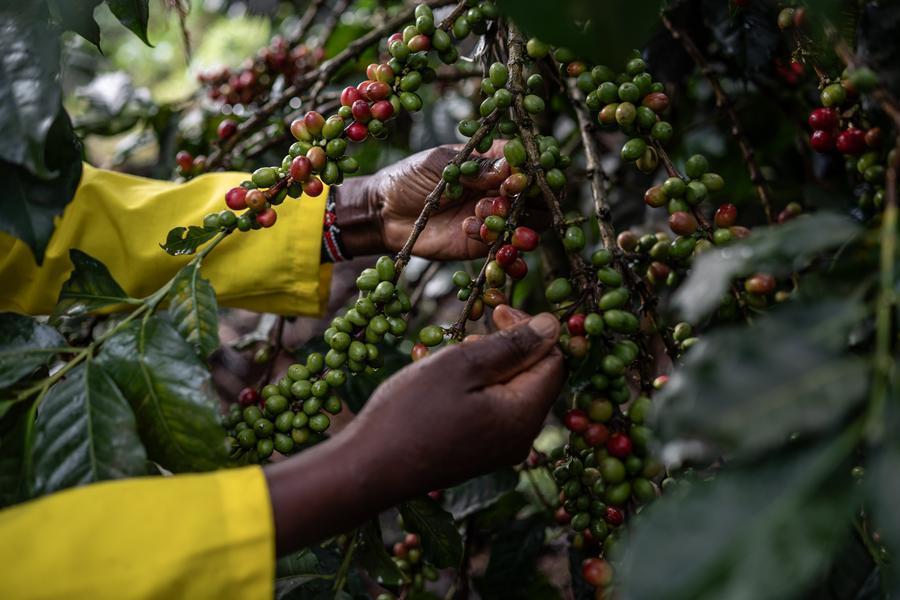Africa-Press – Botswana. The review of the 1991 National Policy on Agriculture Development seeks to commercialise agriculture as a key driver of the national economic transformation geared toward attainment of food sovereignty.
Addressing Lobatse Urban Development Committee recently, Ministry of Lands and Agriculture representative, Ms Tinny Rammika said the review, which started in April, was in line with the Botswana Economic Transformation Programme (BETP).
She said BETP placed agriculture as one of the sectors central to Botswana’s socio-economic development and contributed substantially to the economy, ensured food self-sufficiency and food self-security as well as sustained rural livelihoods.
Though over the years agriculture’s contribution to the Gross Domestic Product (GDP) declined, she said the 2025 Agriculture draft policy would seek to boost the sector’s contribution to the GDP.
Ms Rammika said the proposed policy sought to make the agricultural sector attractive to youth, adding that the legal framework must change to create a conducive environment for the agriculture sector to thrive, create market opportunities and include use of advanced farming technology.
Currently, she said the sector was faced with challenges of low productivity, climate vulnerability, weak market linkages, weak value chain development, limited youth participation and poor soil conditions. Other challenges, she noted included limited availability of farm inputs, high production costs and non-targeted use of government subsidies. “We have an excellent reputation of producing organic food, free range fed livestock.
We have an abundance of agriculture land, which could enable us to produce more for export market, we have the livestock traceability systems in place which is what is needed for international export market.
We also have the pests and disease controls in place, our biosecurity is strong,” she said.
Furthermore, she said Botswana was expanding into meat processing and leather production value chains adding that the draft policy reduced government control of the sector and encouraged private sector participation.
“We want to shift away from conventional agriculture, adopt smart agricultural practices, which we believe will enable us to produce high quality and export more,” she said.
Chief Policy and Research Officer, Ms Lerato Sello said as part of lessons learnt from the past, government would no longer inject funds into the sector while producing low yields, adding that subsidies on agriculture production would be reduced to only cover areas with substantial returns to the economy.
She said other countries, with limited land for agricultural activities were able to achieve more by exploring other avenues such as the use of hydroponics to produce food.
Lobatse Town Clerk, Ms Lenamile Taolo said it was critical for the district leadership to embrace BETP by improving service delivery and come up with innovative solutions to challenges.
“Soon we will have a high income country that is digitally enabled, export driven and economically diversified where every citizen is employed, empowered and fulfilled,” she said.
Source: dailynews
For More News And Analysis About Botswana Follow Africa-Press






